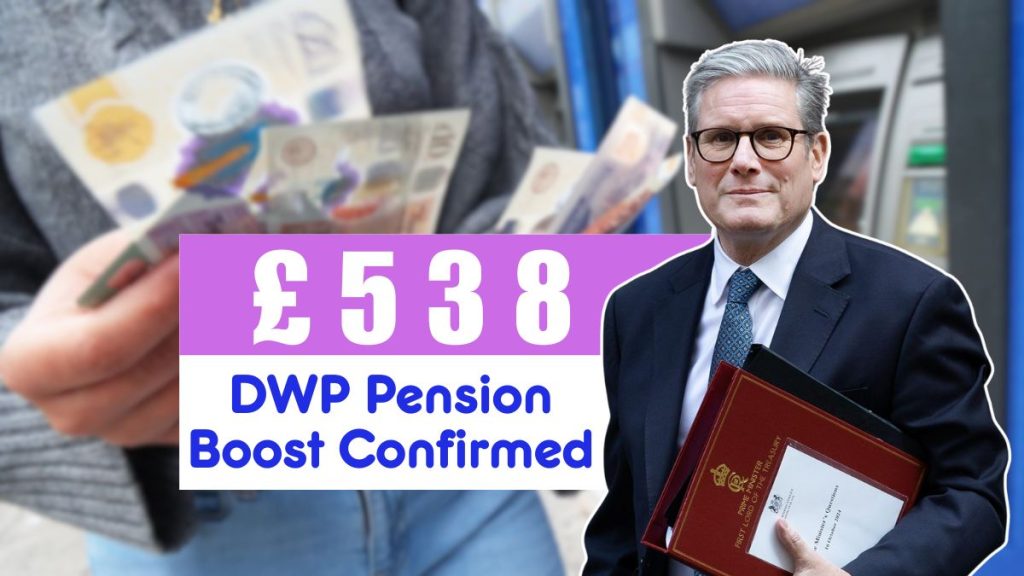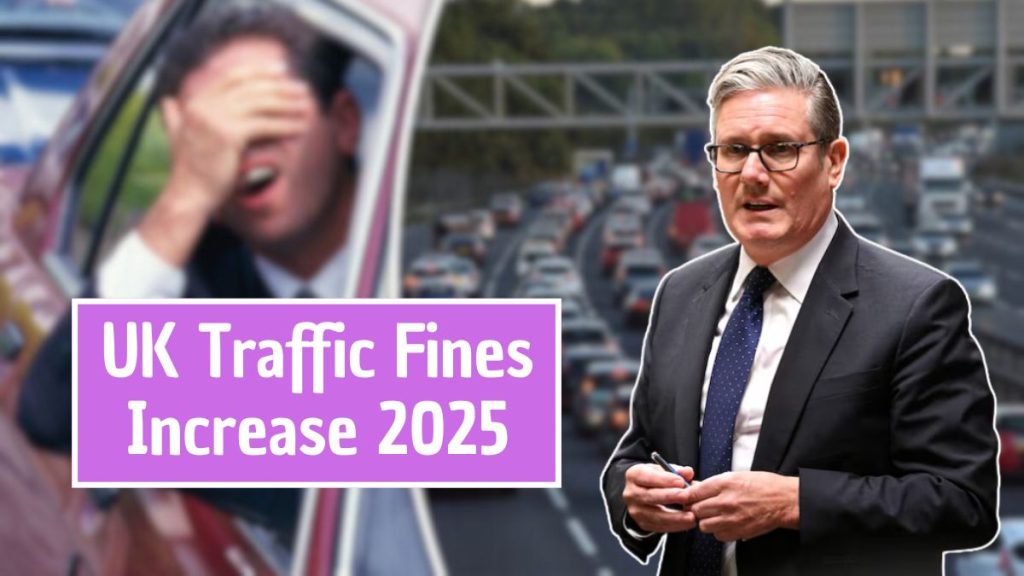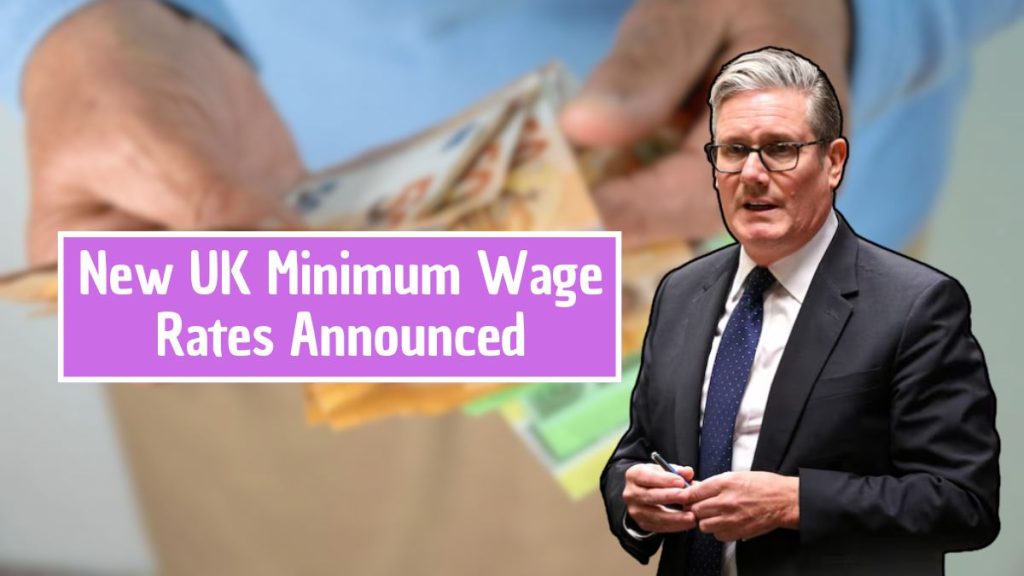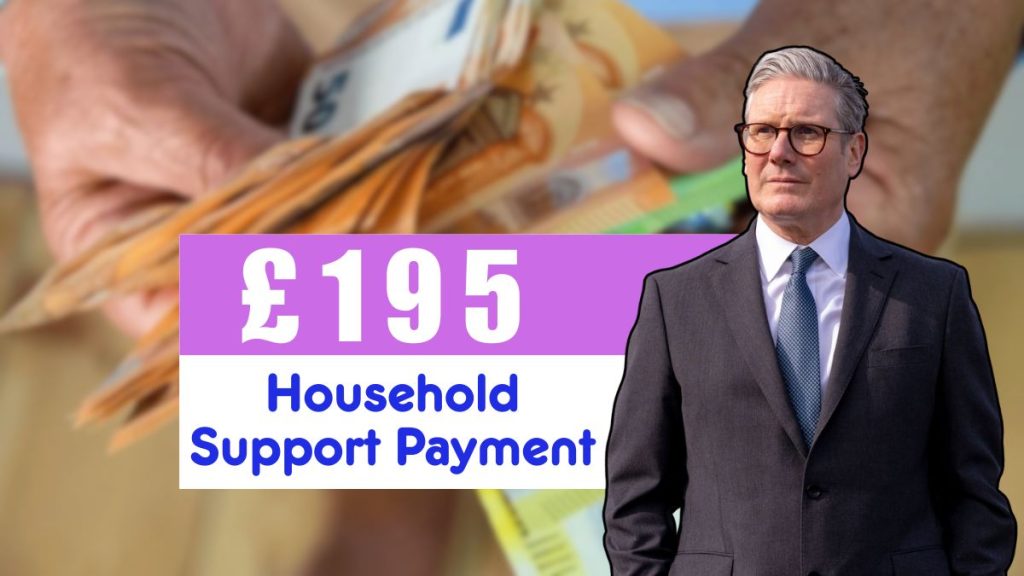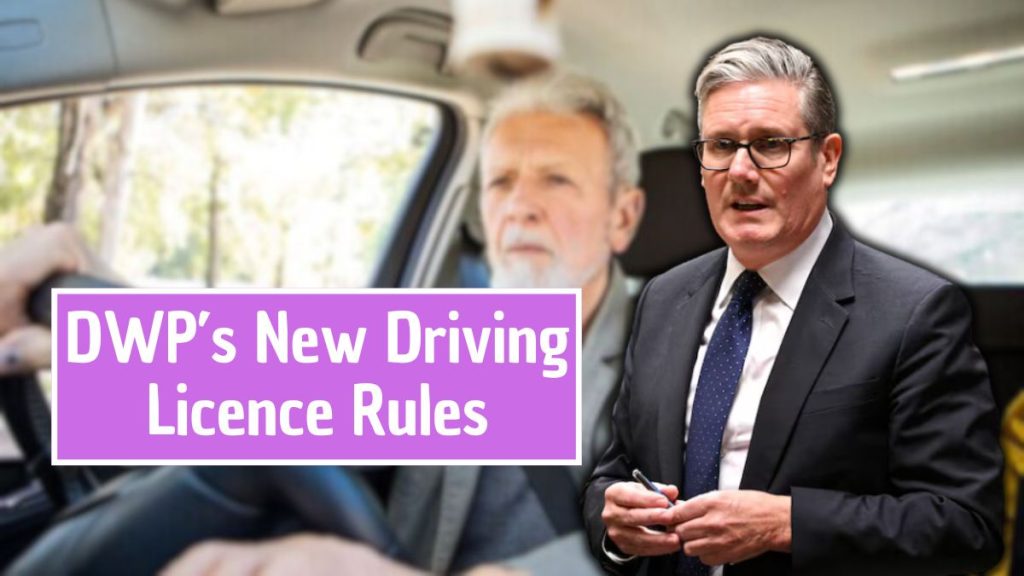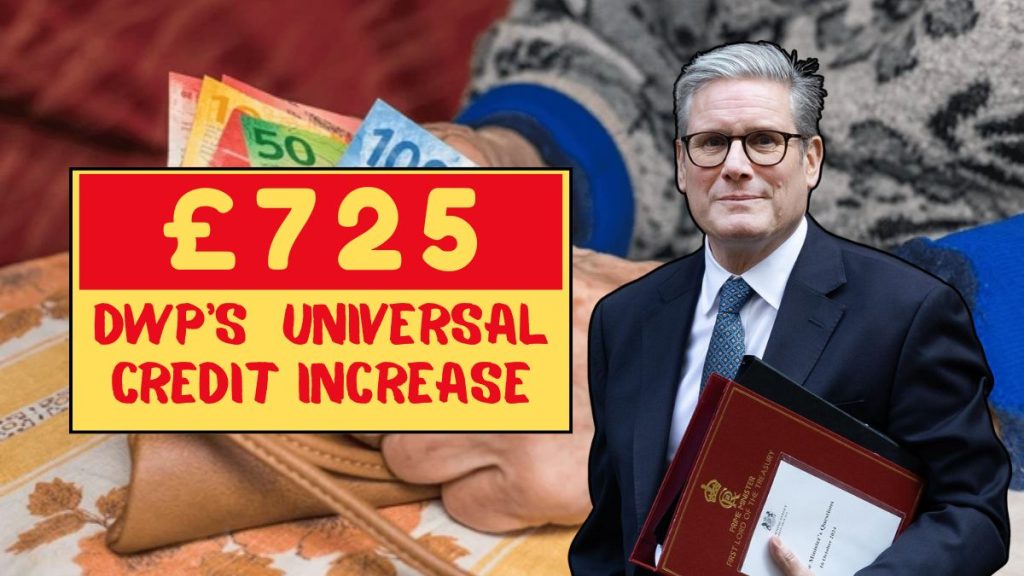When people think of financial planning, they often imagine saving for retirement, paying off student loans, or putting money aside for a first home. Yet, one of the most overlooked and painful realities is the £1,700 death cost—a hidden bill that blindsides grieving families in the UK.
This cost doesn’t just cover funerals. It’s the accumulation of legal fees, catering, estate paperwork, travel, and home clearance. For households already struggling with rising living expenses, it’s an emotional and financial storm rolled into one.
What Exactly Is the £1,700 Death Cost?
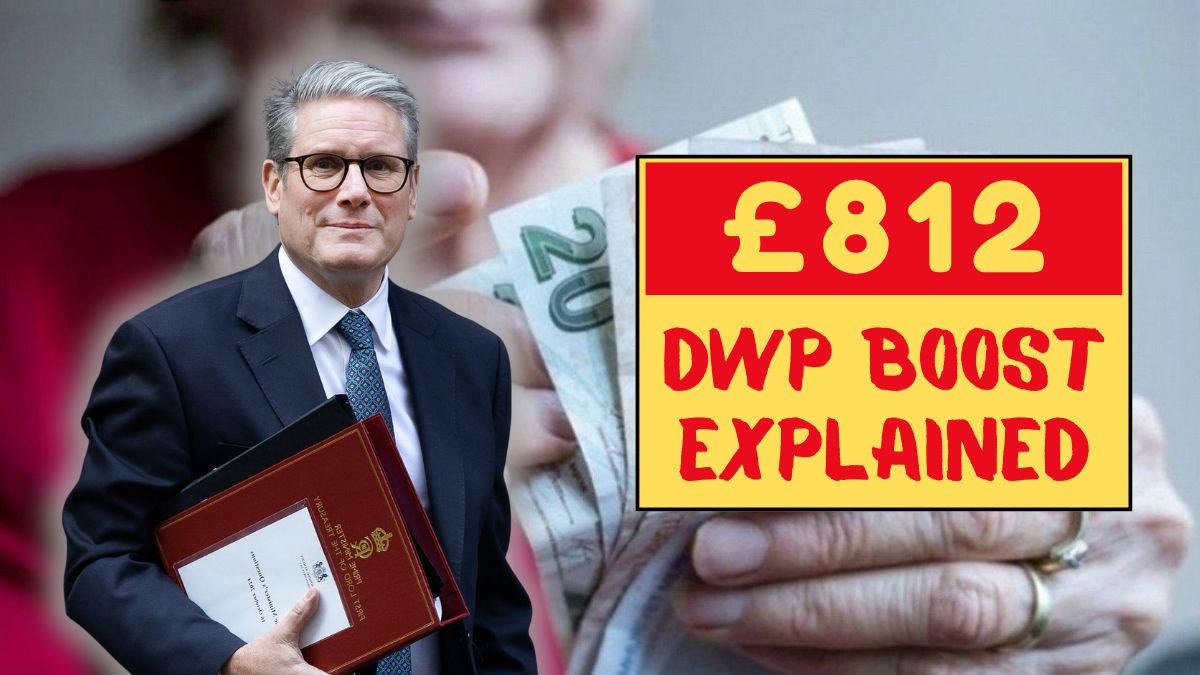
The figure comes from studies, such as SunLife’s Cost of Dying Report 2023, showing that families typically spend an extra £1,700 out-of-pocket after covering the core funeral fee.
A “basic funeral” costs around £4,141, but once you add extras like flowers, wakes, legal documents, and family travel, the total cost climbs to an average of £9,658. Many people underestimate the expense, leaving loved ones scrambling to cover the shortfall.
Why 2025 Makes the Burden Heavier
Inflation and the cost-of-living crisis mean the £1,700 death cost now cuts deeper than ever. Food, gas, and energy bills are already stretching families thin. When combined with sudden end-of-life expenses, households often turn to credit cards, personal loans, or even crowdfunding to cope.
The emotional strain compounds the financial pressure. Losing a loved one is devastating enough, but being hit with unexpected costs during grief often pushes families into debt.
The Rising Costs of Funerals in the UK
Funeral prices have been climbing steadily for two decades.
- 2004: A basic funeral cost around £1,920.
- 2014: Costs rose to about £3,500.
- 2023: The same funeral reached £4,141.
- Extras: Flowers, catering, and headstones can add another £2,500–£3,000.
- Professional fees: Legal costs average £2,500.
The result? Many families face nearly £10,000 in total “cost of dying” bills—and one in five report financial hardship covering them.
Regional Differences in Funeral Costs
Funeral expenses vary dramatically across the UK:
- London: The most expensive, averaging over £5,000.
- Wales: Among the cheapest, around £3,500.
- Scotland & Northern Ireland: Mid-range, but still rising year-on-year.
This regional divide means geography alone can add hundreds, if not thousands, to the final cost.
Real-Life Stories
- Sarah, Manchester: Expected to spend £4,000 on her father’s funeral but faced nearly £6,000, with the hidden £1,700 gap landing on her credit card.
- James, Birmingham: Opted for a direct cremation costing under £1,200. Affordable, but he admitted it felt “cold” without a family gathering.
- Helen, London: Faced bills over £5,500 and turned to crowdfunding to cover the shortfall.
These examples underline how unprepared families often are, especially in today’s economic climate.
Historical and Cultural Shifts
In earlier generations, funerals were simpler. Communities often handled arrangements themselves, with modest costs. Today, professionalization of the industry, regulatory compliance, and cultural expectations of “proper” ceremonies have pushed prices upward.
Social pressure, and even social media, amplify this trend—families compare funerals as they do weddings, often stretching budgets for appearances.
How Families Cope With Funeral Costs
When the money isn’t there, families resort to:
- Dipping into savings.
- Charging credit cards.
- Taking out personal loans.
- Selling belongings or property.
- Crowdfunding through online platforms.
Meanwhile, direct cremations—simple, no-service cremations—have grown to over 20% of funerals in the UK because of lower costs. However, many find it lacks emotional closure.
Practical Tips: Preparing for the £1,700 Hidden Cost
To avoid leaving loved ones with surprise expenses, consider:
- Talk About It – Break the taboo and discuss wishes openly.
- Prepaid Funeral Plans – Lock in today’s prices, avoiding future inflation.
- Life Insurance – Even modest policies can cover funeral bills.
- Write Down Your Wishes – A written plan reduces both financial and emotional burdens.
- Government Support – Check eligibility for schemes like the Funeral Expenses Payment.
Quick Checklist
- Discuss plans with family.
- Research funeral plan providers.
- Take out life insurance or final expense coverage.
- Record your funeral preferences.
- Keep documents accessible.
- Explore available government support.
Why Professionals Should Care Too
This isn’t just a personal issue—it matters in workplaces and public services.
- Employers can support staff with bereavement leave and financial resources.
- Financial advisors should encourage realistic planning that includes end-of-life expenses.
- Healthcare professionals can better support grieving families when they understand the financial stress involved.
International Comparisons
Looking beyond the UK puts costs in perspective:
- United States: Average funeral costs $7,848 (£6,200) with burial, $6,970 with cremation.
- Australia: Funerals range AUD $4,000–$15,000 (£2,000–£8,000).
- Japan: Among the world’s most expensive, averaging £11,000–£17,000.
The UK isn’t the most expensive globally, but with today’s cost-of-living challenges, it feels overwhelming for many households.
Why This Matters
The £1,700 death cost isn’t just a financial statistic—it’s a wake-up call. Families can prepare with planning, insurance, and open conversation. Ultimately, tackling these expenses now is an act of love—saving your family from financial stress during their most vulnerable moments.
FAQs – The £1,700 Death Cost No One Warns You About
Q1. What is the £1,700 death cost?
It refers to the average extra out-of-pocket expenses UK families face after paying for a funeral, such as legal fees, travel, catering, or home clearance.
Q2. How much does a basic funeral cost in 2025?
A basic funeral averages around £4,141, but the total “cost of dying” can reach nearly £10,000 once extras and legal fees are included.
Q3. Does the government provide any support?
Yes, certain families may qualify for the Funeral Expenses Payment, but support is limited and does not cover all costs.
Q4. Why are funerals so expensive now?
Costs have risen due to inflation, professionalized services, cultural expectations, and added extras like flowers, catering, and memorials.
Q5. How can families prepare for these hidden costs?
By discussing wishes, considering prepaid funeral plans, taking out life insurance, and keeping records accessible to loved ones.








